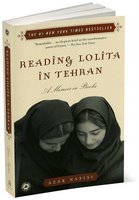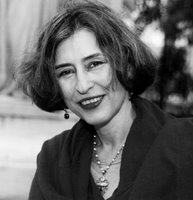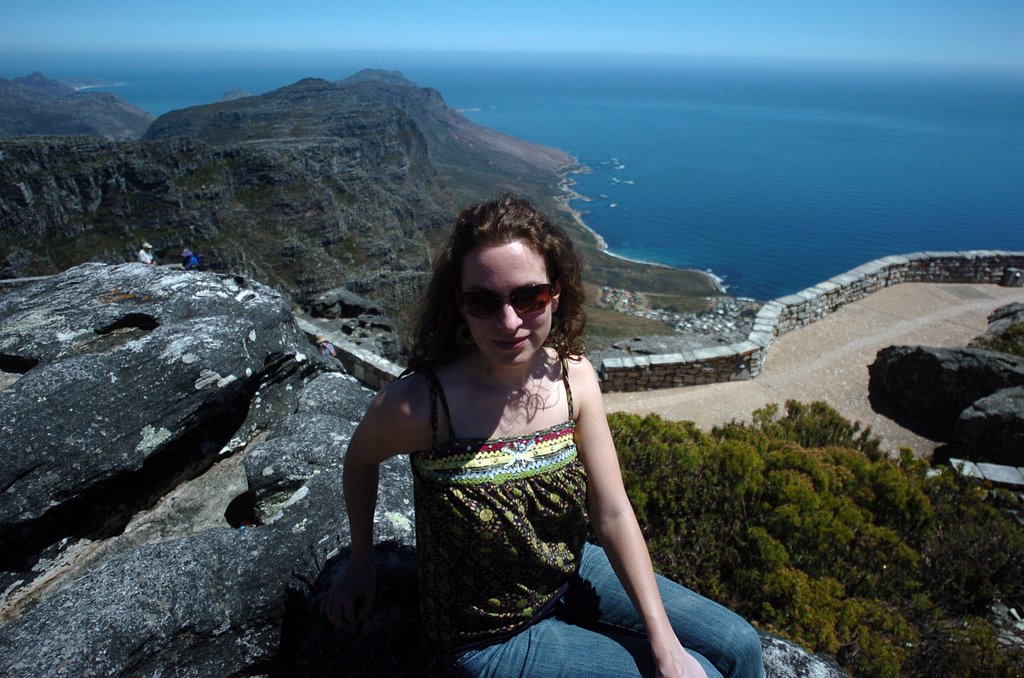BOOK: Reading Lolita in Tehran

Well, people, I can't be traveling all the time (even though I'd like to be!). But, through books, movies, music, friends' travels and other channels, I will try to continue helping us get to know the rest of the world.
To start, I'd like to recommend a novel called Reading Lolita in Tehran, by Azar Nafisi. Publishers Weekly describes it this way:
"Transcends categorization as memoir, literary criticism or social history, though it is superb as all three ... Nafisi has produced and original work on the relationship between life and literature."
As an Iranian-born woman, who received much of her education in the U.S., Nafisi returns to Iran to teach the classics of Western literature at the University of Tehran just before the revolution. This book will give you great insight into Iran, its people and our relationship to them; women's struggles under an oppressive Islamic regime (without villainizing Islam itself); and the power of fiction in a world gone mad (all worlds, really). And, watch out! Her passionate and intelligent analysis of the Western classics will make you want to read them all over again!!!

To whet your appetite, here's a little food for thought from the book:
"Is this how it all started? Was it the day we were sitting at his dining room table, greedily biting into our forbidden ham-and-cheese sandwich and calling it a croque monsieur? At some point we must have caught the same expression of ravenous, unadulterated pleasure in each other's eyes, because we started to laugh simultaneously. I raised my glass of water to him and said, Who would have thought that such a simple meal would appear to us like a kingly feast? and he said, We must thank the Islamic Republic for making us rediscover and even covet all these things we took for granted: one could write a paper on the pleasure of eating a ham sandwich. And I said, Oh, the things we have to be thankful for! And that memorable day was the beginning of our detailing our long list of debts to the Islamic Republic: parties, eating ice cream in public, falling in love, holding hands, wearing lipstick, laughing in public and Reading Lolita in Tehran."
"I wrote on the board one of my favorite lines from the German thinker Theodor Adorno: "The highest form of morality is not to feel at home in one's own home." I explained that most great works of the imagination were meant to make you feel like a stranger in your own home. The best fiction always forced us to question what we took for granted. It questioned traditions and expectations when they seemed too immutable."
"We in ancient countries have our past - we obsess over the past. They, the Americans, have a dream: they feel nostalgia about the promise of the future."
" He cautiously tried to make me understand what political Islam meant, and I rebuffed him, because it was exactly Islam as a political entity that I rejected. I told him about my grandmother, who was the most devout Muslim I had ever known, even more than you, Mr. Bahri, and still she shunned politics. She resented the fact that her veil, which to her was a symbol of her sacred relationship to God, had now become an instrument of power, turning the women who wore them into political signs and symbols."
... and, she quotes an essay by Mike Gold, "Toward Proletarian Art" that was published in 1929 in the radical New Masses. It made me angry to consider art as purely useful, but then I got to thinking about it ... I wonder what you think?:
"Art is no longer snobbish or cowardly. It teaches peasants to use tractors, gives lyrics to young soldiers, designs textiles for factory women's dresses, writes burlesque for factory theatres, does a hundred other useful tasks. Art is useful as bread."
Finally: I've often wondered what is so dangerous about women that throughout time and around the world, men have tried to oppress them. I've considered many theories and I will probably be pondering the issue all my life, but this book raises an interesting point (doggone it, I can't find the exact quote!), the jist of which is this: If you educate a man, you educate an individual. If you educate a woman, you educate a family.


3 Comments:
The book looks amazingly interesting and will surely be added to my all the too long book list. However, incorporating Adorno, questions on the nature and politcs of art with questions of the lived reality of an Islamic republic, all of which understood through a reflexively gendered reading of 'western' classics sound nothing short of brilliant.
My first reaction to the anti-political brand of Islam the grandmother advocates is to say that no such thing exists. Although I completely agree with her criqique of 'opression as divinely ordained,' Islam's historical origins rooted it in political self-reflexivity. That is, the faith saw itself dually as a salvic force and a mode of collectivity, the ummah (which radical Islamists want to return to). Also, every religion has been used for perverse political purposes, and religion as an institution is never removed from the real socio-politcal historical contexts in which it operates, despite its own transcendent logic.
whoops...i'm forgetting blog ettiqutie;
Um, yes, so the book sounds amazing and thanks for alerting us to it. Very happy to see you posting again.
Great review! keep writing them and one day maybe you can get paid to read!
You may want to put the word "some" in front of men in this passage. Other than that, it's a very interesting theory.
Post a Comment
<< Home